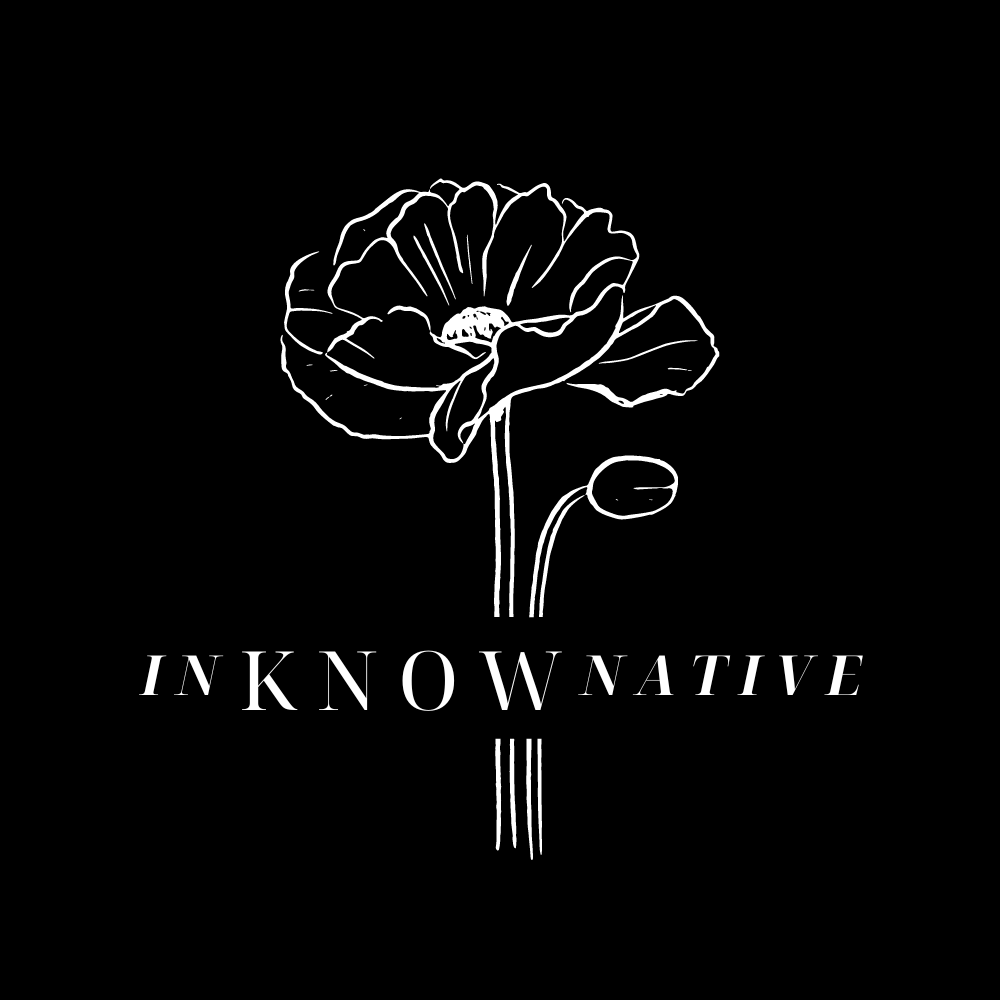How Sunday Scaries and Allostatic Load Relate to Psychological Safety
The Sunday Scaries—the creeping dread that starts to settle in as the weekend ends and a new workweek looms—aren’t just an annoying mood shift. They are a neurobiological signal that something deeper is wrong. They offer a powerful lens into the connection between psychological safety, stress regulation, and long-term well-being.
While often dismissed as a routine part of adult life, the Sunday Scaries are a prime example of allostatic load in action—the cumulative wear and tear on the body that results from chronic stress. When employees brace themselves each week for microaggressions, unrealistic demands, or the fear of speaking up, their nervous systems never get a break. Over time, this leads to more than just fatigue. It contributes to burnout, illness, anxiety, and disengagement.
So how do these physiological experiences tie into psychological safety?
Psychological Safety as a Buffer to Chronic Stress
Psychological safety, as defined by Dr. Amy Edmondson, is "a belief that one will not be punished or humiliated for speaking up with ideas, questions, concerns, or mistakes" (The Fearless Organization, 2019). It fosters open communication, collaboration, and inclusion—but it also protects health.
When teams are psychologically safe, employees don’t spend their weekends dreading Monday. They aren’t on constant alert. Their cortisol levels aren’t spiking at the thought of speaking up in a meeting. Instead, they trust their environment enough to relax—and that trust changes how their brains and bodies function.
This is where allostatic load comes in.
According to neuroscientist Bruce McEwen, allostatic load refers to the cost of chronic exposure to fluctuating or heightened neural or neuroendocrine response from repeated or prolonged stress (McEwen & Seeman, 1999). The higher the psychological threat—real or perceived—the greater the strain on the nervous system.
Unsafe work environments increase allostatic load. Safe environments lower it.
Signs of Allostatic Overload in the Workplace
When psychological safety is lacking, you may see:
-
Sunday anxiety or sleeplessness
-
Physical exhaustion or headaches before meetings
-
Emotional reactivity to small triggers
-
Hypervigilance during conversations with authority
-
Avoidance of collaboration or decision-making
-
Burnout that doesn’t resolve with time off
These aren’t signs of weak people—they’re symptoms of an overloaded system. They often stem from cultures where psychological safety is missing.
How Psychological Safety Reduces Allostatic Load
Here’s how psychological safety can help ease the burden of chronic workplace stress:
1. It Signals Safety to the Nervous System
When people don’t have to brace for backlash, their parasympathetic nervous system (rest and digest) has a chance to activate. This lowers cortisol, heart rate, and inflammatory responses.
2. It Prevents Micro-Stress Accumulation
Small stressors—being interrupted, feeling dismissed, fearing judgment—build up. In safe cultures, these moments are addressed and diffused, not internalized and buried.
3. It Promotes Emotional Regulation
People are better able to stay grounded when they know it’s okay to make a mistake or express uncertainty. That space supports cognitive flexibility and reduces stress reactivity.
4. It Enables Rest and Recovery
When people aren’t ruminating about tomorrow’s risks or last week’s conflict, they rest more deeply. Quality recovery time is essential for preventing allostatic overload.
5. It Builds Resilience Through Connection
Belonging is a buffer to stress. Psychologically safe teams foster authentic relationships where support and vulnerability are normalized.
The Role of Leadership
Leaders play a pivotal role in determining whether a workplace contributes to or relieves allostatic load. Every dismissive response, sarcastic remark, or avoidance of difficult truth sends a signal: it’s not safe here.
So does every moment of empathy, curiosity, or honest accountability.
Leaders can reduce team allostatic load by:
-
Admitting their own mistakes and challenges
-
Making space for dissenting views without retaliation
-
Checking in consistently, not just during crises
-
Rewarding learning, not just outcomes
- Fostering work, life balance and allows for flexibility in daily hours
Beyond Buzzwords—This Is Health Strategy
Workplace wellness isn’t yoga classes and snack bars. It’s culture. If your culture is psychologically unsafe, no amount of perks will fix the underlying issue.
Psychological safety is the precondition for emotional health, team resilience, and sustainable performance. Without it, the stress piles up. With every ignored Sunday Scary, allostatic load increases.
If your people dread Mondays
It’s not because they’re lazy or unmotivated. It’s because something in your system is signaling danger. Listen to that signal. Use it.
In organizations where it’s safe to be human, people don’t brace for the week—they show up for it.
If you want to bring psychological safety into your organization but aren't sure where to begin, start here by reading this InKNOWnative Insights: How to Use InKNOWnative’s Step-by-Step Training to Build Sustainable Psychological Safety.
Citations
-
Edmondson, A. C. (2019). The Fearless Organization: Creating Psychological Safety in the Workplace for Learning, Innovation, and Growth. Wiley.
-
McEwen, B. S., & Seeman, T. (1999). Protective and damaging effects of mediators of stress. Annals of the New York Academy of Sciences.
-
American Psychological Association. (2023). Work in America Survey: Stress and Mental Health in the Workplace. www.apa.org
✨ Brought to you by InKNOWnative
The spark of innovation & knowledge is native to each of us. Empowering organizations to build fearless, high-performing, learning cultures through psychological safety, inclusion, and innovation.
📩 Contact: https://www.inknownative.com/contact
🌐 Website: www.inknownative.com
📱 Instagram: @inknownative
#PsychologicalSafety #SundayScaries #AllostaticLoad #WorkplaceWellbeing #FearlessOrganizations #NeuroscienceOfWork #InKNOWnative #SafeToBeMe #LeadershipDevelopment #MentalHealthAtWork
